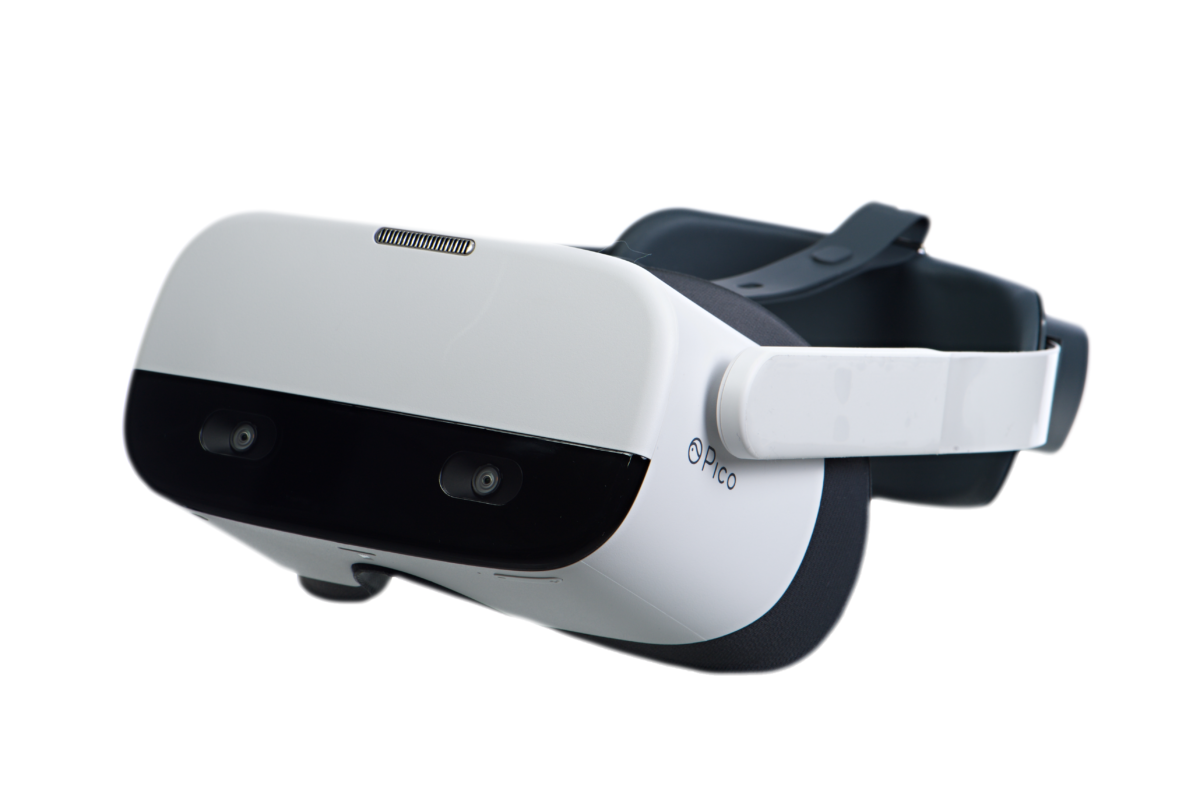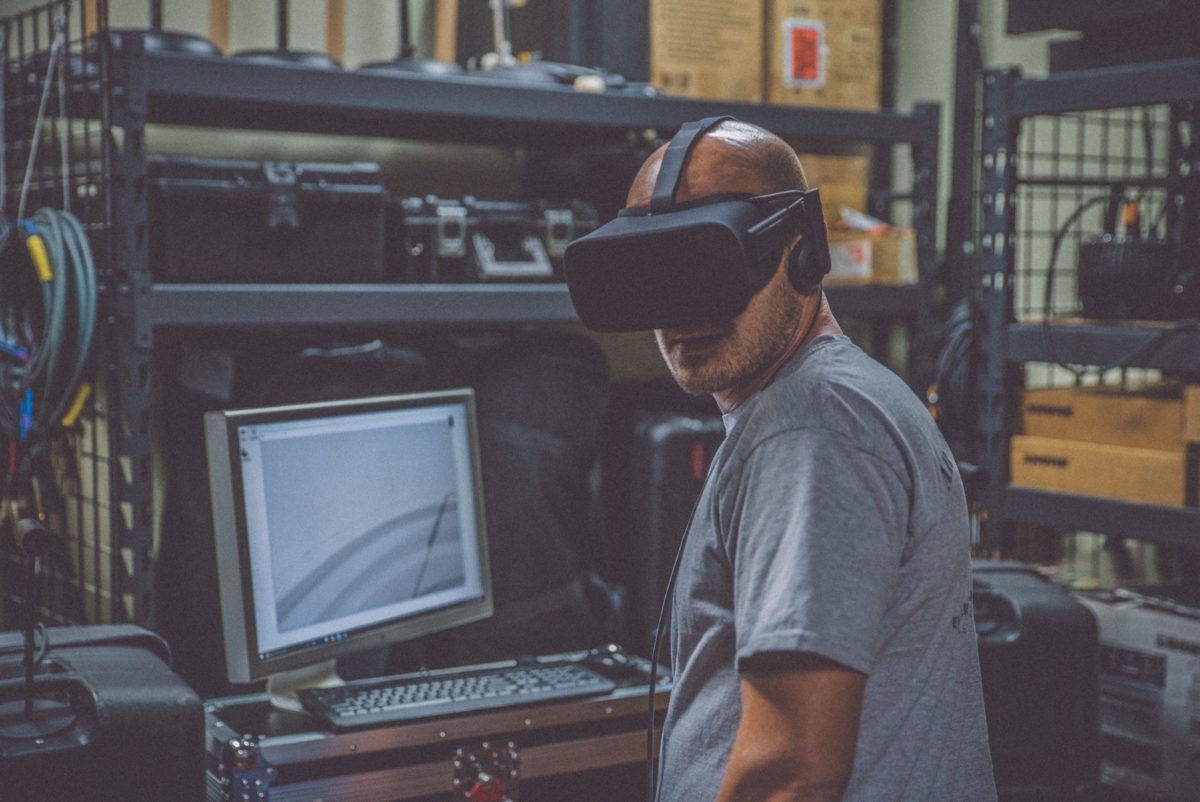The results are in – and the winner is virtual reality training.
According to a recent study by the University of Maryland, virtual reality training is more effective in recall accuracy than traditional desktop CBT (computer-based training). With a median recall accuracy percentage of 90.48 percent for immersive HMDs – head-mounted (virtual reality) displays – compared to desktop display’s 78.57 percent, the long-awaited study has further validated the efficacy of virtual reality training as a learning tool over traditional e-learning methods.
As the study’s abstract reads:
“Virtual reality displays, such as head-mounted displays (HMD), afford us a superior spatial awareness by leveraging our vestibular and proprioceptive senses, as compared to traditional desktop displays.”
The study’s findings are particularly important for employers in high-stakes verticals, where skills and safety training for workers represents a critical aspect of how those businesses function.
Put in the context of a standard grade scale, at 90+ percent recall, VR training would score in the A-range, while desktop computer training, at a shade below 79 percent, would be stuck back in the C’s.
When managing operations at a construction site, manufacturing plant, oil and gas pipeline, or other heavy industrial environment, a workforce recalling their training and performing their tasks consistently at an “A-level” would mean substantial gains in productivity, efficiency and, perhaps most critically, fewer mistakes that eat away at the bottom line or in worst-case scenarios, could even open the door for potential fines and litigation.
When talking about the ability of trainees and users to retain important information, it’s easy to see how these kind of numbers – an almost 12 percent improvement in median recall and an 8.8 percent improvement in overall recall accuracy – can make a sizable positive impact for enterprise users of VR training technology.
“This data is exciting in that it suggests that immersive environments could offer new pathways for improved outcomes in education and high-proficiency training”, said Amitabh Varshney, professor of computer science at the University of Maryland (UMD) and co-author of the study.
Beyond the findings, the UMD study itself is notable as data on the effectiveness of virtual reality training has been somewhat hard to come by, due to the newness of VR training, the number of variables involved in testing, and the difficulty in arranging for true “apples-to-apples” comparisons of the two learning methodologies, VR and CBT. But the research is finally catching up with the technology and the story it’s telling is a compelling one.
“By showing that virtual reality can help improve recall, it opens the door to further studies that look at the impact of VR-based training modules at all levels – from elementary school children learning astronomy to trauma residents acquiring the latest knowledge in lifesaving procedures,” Professor Varshney continued. “We believe the future of education and innovation will greatly benefit from the use of these new visual technologies.”
It won’t surprise you to learn that we at PIXO VR agree.

PIXO Has Improved VR Management to One Easy Step


Leave a Reply
You must be logged in to post a comment.